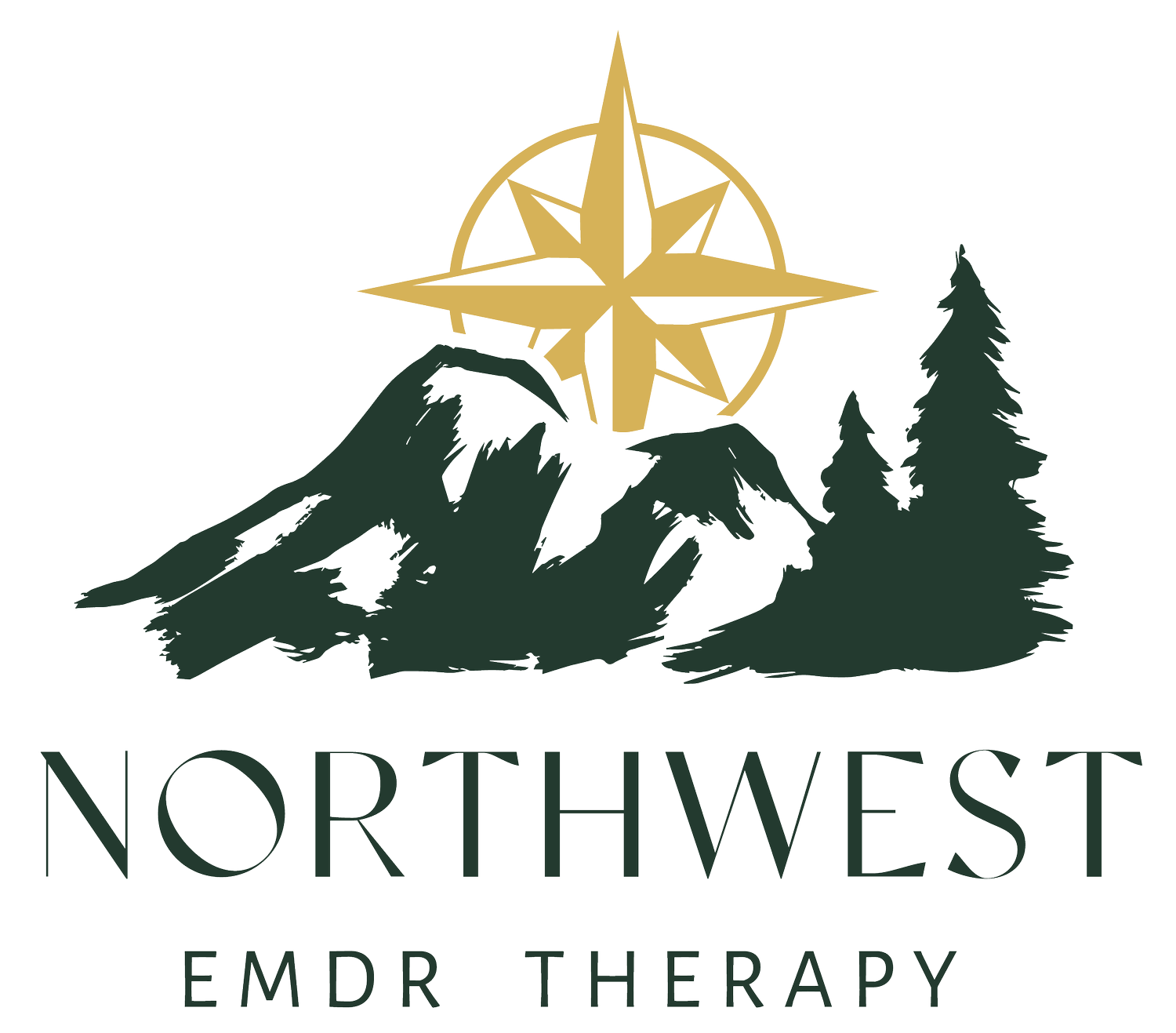Depression Counseling
Depression is a common and debilitating mental health condition that can impact all aspects of an individual’s life. While there are many forms of therapy available to treat depression, EMDR therapy has emerged as a highly effective approach.

Therapy and Counseling For Depression
At our mental health center, we provide a spectrum of counseling services for individuals grappling with depression. Our mental health professionals specialize in various forms of therapy, including Eye Movement Desensitization and Reprocessing (EMDR), Cognitive Behavioral Therapy, and Dialectical Behavior Therapy, each one tailored to your specific needs.
EMDR therapy, initially designed for trauma treatment, has evolved into a powerful tool for addressing a broad range of mental health conditions, including depressive disorders. By confronting the root causes of depression such as traumatic memories and self-deprecating beliefs, EMDR uses bilateral stimulation like eye movements or tapping to help clients process and integrate these experiences. This process alleviates depressive symptoms, thus enhancing mood and overall well-being. Whether you’re venturing into depression treatment for the first time or seeking a new approach, EMDR therapy may be the optimal solution for you.



A Closer Look At EMDR Therapy for Depression
EMDR therapy for depression operates by addressing the deep-seated causes, including past traumas and negative perceptions. Acknowledging the correlation between trauma and depression, EMDR aims to process these distressing experiences and detrimental beliefs that contribute to depressive symptoms.
EMDR therapy is a bespoke treatment molded to the unique experiences and needs of every individual. During a session, the therapist works in tandem with the client to identify these traumatic memories and negative beliefs that fuel their depression or grief. The therapist then navigates the individual through processing these experiences, assisting them in understanding and resolving these issues.
Apart from processing traumatic memories, EMDR therapy can also empower individuals to identify and challenge negative thought patterns and beliefs, thus mitigating depressive symptoms. The therapy underscores self-care and coping mechanisms, fostering long-term recovery and a superior quality of life.
EMDR leverages bilateral stimulation, like eye movements or tapping, to activate the brain’s inherent processing capacity. This stimulation, combined with focusing on traumatic memories and negative beliefs, facilitates individuals in processing and integrating these experiences. As these experiences are processed, individuals gain insights and develop a more positive perspective on their past experiences and themselves, which in turn curbs depressive symptoms.
Understanding an EMDR Session:
EMDR therapy sessions are generally one-on-one with a trained therapist. During a session, the therapist assists the client in identifying the traumatic memories and negative beliefs that contribute to their depression.
The therapist then guides the client through the bilateral stimulation process, using techniques like eye movements or tapping, to stimulate the brain’s inherent processing capacity. As the individual focuses on these traumatic memories and negative beliefs, the therapist helps them to process and integrate these experiences.
Each EMDR therapy session is highly personalized, shaped around the unique needs and experiences of each person. The therapy may involve revisiting traumatic memories or exploring negative beliefs, and it is paramount that individuals feel secure and supported throughout the process.
EMDR therapy is a collaborative and empowering process, and clients are encouraged to ask questions and share their experiences. Therapists provide support and guidance, helping individuals cultivate a more positive outlook on their past experiences and themselves.
EMDR therapy sessions generally last between 50 and 90 minutes, with the number of sessions varying based on the individual’s needs and objectives. The therapy is a highly effective method for reducing symptoms of depression and boosting overall mood and well-being.
Is EMDR Therapy Right For Me?
If you’re battling depression, EMDR therapy may be an effective solution. The therapy aims to address the root causes of depression, including traumatic memories and negative beliefs, advocating lasting change and improved quality of life.
EMDR therapy is apt for individuals seeking a holistic, trauma-centered approach to treating their depression. It requires an open and willing attitude towards therapy and readiness to explore and process traumatic experiences and negative beliefs.
It is crucial to have a secure therapeutic relationship with your EMDR therapist. Trust is key, and the therapeutic environment needs to be safe and supportive. It is paramount that you feel at ease and have confidence in your therapist’s abilities.
If you’re contemplating EMDR therapy for depression, it’s advisable to consult with a qualified EMDR therapist. They can assess your symptoms and needs, guiding you in determining whether EMDR therapy is a suitable and effective treatment option for you.
EMDR therapy can indeed be a potent approach for treating depression, fostering lasting change, and enhancing your quality of life. If you’re prepared to explore a holistic and empowering path to treat your depression, EMDR therapy might be the right fit for you.
Our dedicated team of therapists and counselors are also equipped to handle a range of other mental health concerns such as anxiety counseling, substance abuse, bipolar disorder, seasonal affective disorder, and postpartum depression. Whether you need group therapy, individual therapy, or family therapy, we are here to guide you. We offer a comprehensive treatment plan that includes cognitive therapy, medication management, talk therapy, and play therapy when appropriate.
So, if you’re feeling symptoms like sadness, hopelessness, a consistently depressed mood, or even having suicidal thoughts, it’s important not to dismiss these feelings. Reach out to our counseling services. We understand the depth of these feelings and are here to provide help, support, and treatment.
With a blend of different therapy methods, a strong client-therapist relationship, and a focus on the individual rather than just the symptoms, we believe that our approach can help individuals overcome depression and regain control of their lives. Schedule an appointment today and take the first step towards better mental health.


